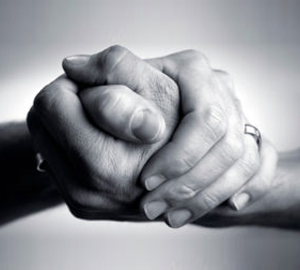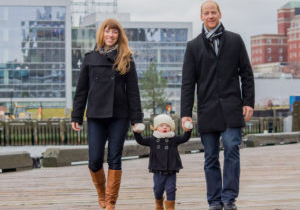Believe it or not, nearly everyone has an estate. Your estate includes everything you own—your home, car, rental and investment properties, business interests, bank accounts, life insurance, household items, and personal possessions. No matter how large or modest, your estate cannot be taken with you when you die.
Estate planning ensures that your assets are distributed according to your wishes and that your loved ones are protected.
Why Estate Planning Matters

Having a Living Trust reduces the stress on your family.
Most people want to control who gets their assets and when. Estate planning provides clear instructions for:
-
Who receives specific items or accounts
-
How and when your assets are distributed
-
Minimizing taxes and legal fees for your heirs
Estate Planning Can Do Much More Than Distribute Assets
Good estate planning can also:
-
Preserve and pass on your values (religion, education, work ethic) alongside your valuables
-
Provide guidance for your care if you become disabled
-
Protect family members with special needs without disrupting government benefits
-
Name a guardian for minor children
-
Shield loved ones who might be financially irresponsible, facing creditors, or going through a divorce
-
Plan for the transfer of your business at retirement, disability, or death
-
Minimize taxes, court costs, and unnecessary legal fees
Estate Planning Is Important for Everyone
Estate planning isn’t just for seniors or the wealthy. Illness and accidents can happen to anyone at any age, and families with modest assets often have the most to lose.
Too many people delay planning because they feel they don’t own enough, they’re too young, they’re busy, or they’re unsure who can help. Without a plan, your state has one for you, and it may not reflect your wishes.
What Happens Without an Estate Plan?
During Disability
If you become incapacitated and cannot manage your assets, only a court-appointed person can act on your behalf. This process can be expensive, time-consuming, and may not end automatically even after recovery.
After Death
If you die without an estate plan:
-
Your assets are distributed according to probate law
-
Beneficiaries, shares, and timelines are decided by the court
-
The process is public and expensive, involving multiple third parties
-
If both parents die simultaneously, the court appoints a guardian for minor children without knowing your preferences
Wouldn’t you rather these matters be handled privately by your loved ones? Wouldn’t you prefer to control who receives your assets and when? And if you have young children, wouldn’t you want a say in who will raise them if you cannot?
Take Action: Protect Your Assets and Family
Estate planning allows you to maintain control over your assets, care for your children, and protect your loved ones.
Contact an experienced San Diego Estate Planning Attorney today to explore your estate planning needs and options for safeguarding your property.
Call: 858-764-2547
[addthis tool="addthis_inline_share_toolbox_hdg8"]






